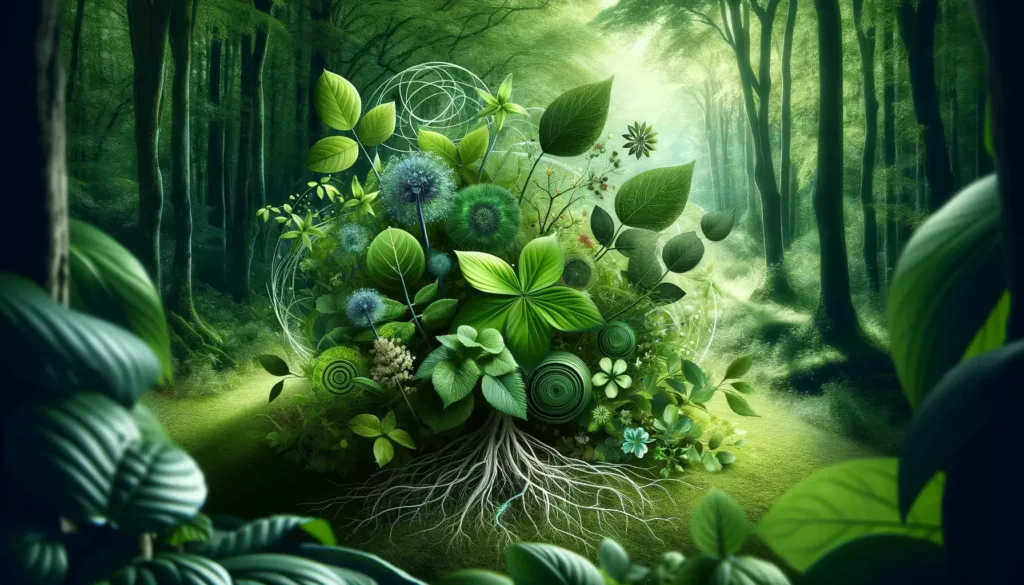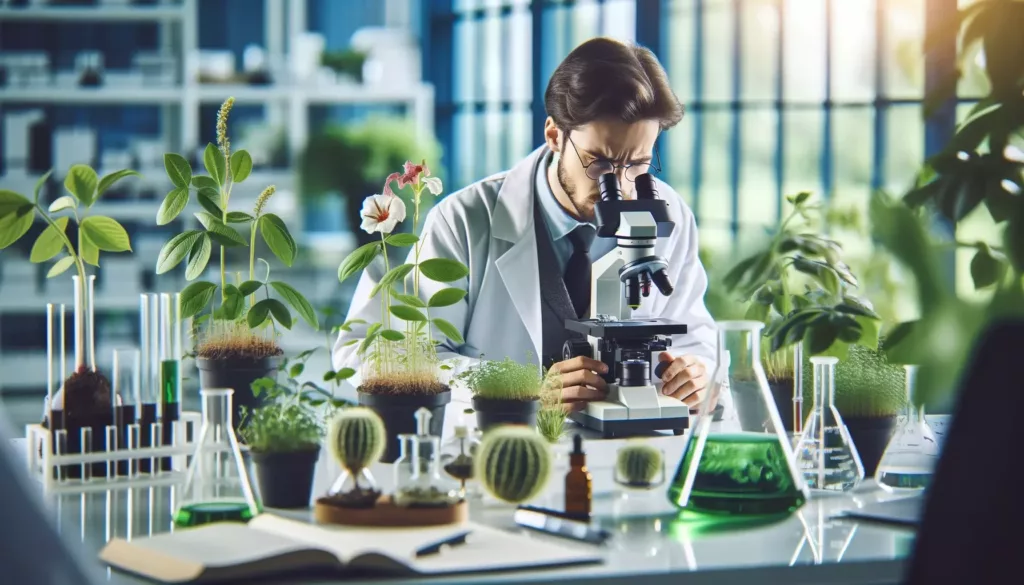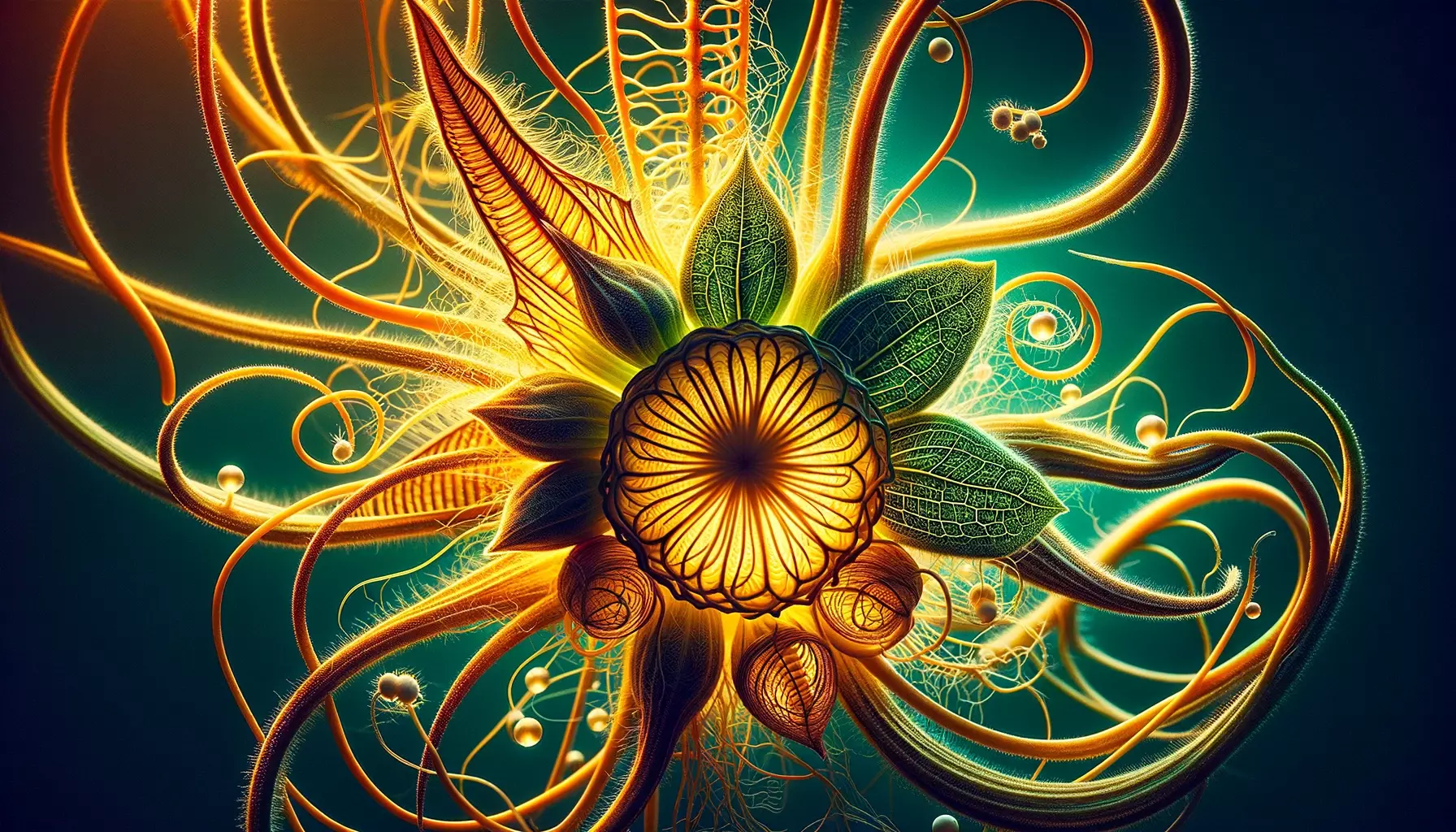The Overlooked Intelligence of Plants
Plants, often perceived as static, silent, and unassuming, are commonly underestimated for their lack of intelligence. Despite their crucial role in sustaining life on Earth and being the predominant inhabitants of our planet, we often take plants for granted. However, the intelligence of plants not only exists but is also remarkably sophisticated. There’s much to learn from the plant world, a realm still brimming with mysteries.

The Pioneers of Plant Intelligence Research
The understanding of plant intelligence we have today owes much to the perseverance of intuitive researchers who challenged the scientific norms of their times. Charles Darwin, already known for his evolutionary theory, faced opposition due to the anthropocentric views of his contemporaries. His extensive research and studies are still fundamental in plant study today. Currently, Italian botanist Stefano Mancuso, author of “Verde Brillante,” continues to explore Darwin’s theories and the intelligence of plants.

Human Arrogance and the Misconception of Intelligence
The difficulty in acknowledging plant intelligence is partly rooted in human arrogance. By associating intelligence solely with cognitive abilities, we limit the realm of intelligence to the animal kingdom, where humans are considered the apex. Acknowledging that different forms of intelligence exist, and that they are beyond our competition, challenges our perceived superiority – a notion as difficult today as it was in Darwin’s time.
Intelligence Beyond Organs
A common argument against plant intelligence is the absence of a brain, as all animals have brains that determine their intellect level. However, plants, though lacking organs like lungs or kidneys, thrive just as animals do. The assumption that plants lack intelligence because they don’t have a brain is flawed. Like the neural system in animals, plants can perceive their environment and make decisions, whether it’s sourcing nutrients or defending against predators.
Consciousness Versus Intelligence
The debate often shifts to consciousness. Plants, capable of survival and adaptation, are not thought to possess consciousness. The difficulty in perceiving them as living beings stems from associating ‘being’ with a certain self-awareness. However, the absence of consciousness does not imply a lack of intelligence. Many animals don’t exhibit self-awareness as humans understand it, yet they are considered intelligent. Therefore, intelligence should not be conflated with consciousness.
Plant Intelligence in Problem-Solving
The real question is not about the existence of intelligence in plants but about our definition of intelligence. Mancuso proposes in “Verde Brillante” that intelligence should be seen as the ability to solve problems. Plants, often mistakenly regarded as passive, are adept problem solvers.
Plants have developed advanced defense mechanisms against predators. For instance, lacking organs ensures that herbivore attacks don’t threaten their survival. Furthermore, they are not as immobile as we think. Though slow, their roots move and navigate through soil in search of nutrients, avoiding predators and dangers. Plants can make choices based on their needs and direct their growth towards essential resources like nutrients, water, and light. They register environmental parameters and make decisions accordingly. Thus, while plants might not have a centralized brain, they exhibit functions akin to neural activities in animals.
Reconsidering Plant Intelligence and Environmental Respect
Reassessing the strength and intelligence of the plant world is crucial. It would not only humble human arrogance but also elevate our appreciation for plants’ role in Earth’s ecosystem. Embracing plant intelligence could broaden our understanding of different yet intelligent life forms. Moreover, it would foster a deeper environmental awareness, recognizing it as a living system deserving equal respect. Perhaps, by delving deeper into plant life, we might discover that we are not so different from them after all.
